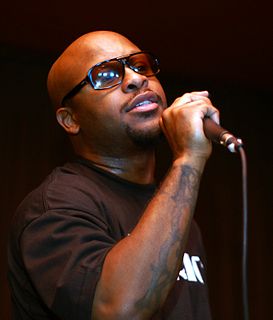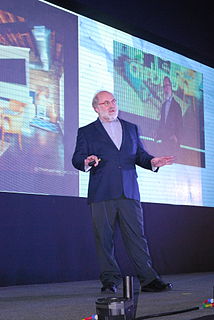A Quote by Dale Jamieson
Environmental problems provoke challenges about what kind of world we want, how important we think it is if something is brought about by human action or by brute nature, what we think of the value of human life compared to that of other living things.
Related Quotes
I still work that expectation/disappointment cycle all the time. I think it is part of the human nature and I think the most important thing is not to judge it. We are human and we do have expectations and a lot of our expectations are often not met. It is a process of learning how to be kind and compassionate and loving to ourselves when we don't get the things we want when people, circumstances, and opportunities don't match our expectations.
I think, questions about what it means to respect nature become very important because just as in human society, for example, part of what it is for me to live a good life as a human being in a human society is to have respect for others around me. Now, that respect, to some extent, can be thought of as being grounded in the rights and interest of others but it also has to do with the stance that I take in the world and what it is that provides meaning and significance in my own life and I think there are similar ideas of respect for nature that apply as well.
A lot of times when I ask people what their apocalyptic fantasy life is like, they'll immediately say something like, "Oh, what I think is going to kill us is climate change or World War IV," and that's not what I'm interested in at all. The point is not about winning a bet about what's going to happen. The point is about the human action of examining the possibility, the kind of obsessive imagining about it.
A lot of the people in history who I really admire lived before the hyperinformation age we're living in. Even if they were governing or solving problems in consequential periods, like the Civil War or the world wars or the Great Depression or the Cold War, they had a period of time and space to actually think, to be private and you read their biographies, and they had time to think about what was happening and how to respond. I don't think human nature has changed in the last 50-150 years, but the stresses, the demands on those of us in public life have just exploded.
When people come to you with problems or challenges, don't automatically solve them. As a mama bear, you want to take care of your cubs, so you tend to be protective and insulate them against all those things. But if you keep solving problems for your people, they don't learn how to actually solve problems for themselves, and it doesn't scale. Make sure that when people come in with challenges and problems, the first thing you're doing is actually putting it back to them and saying: "What do you think we should do about it? How do you think we should approach this?".
My greatest influences are actually probably a set of different teachers. And these teachers, most prominently at my high school, but also a few others, helped kind of instill in me, thinking thoughts about how life is meaningful in terms of how we all kind of live in a network of people and how you interact with those people is part of what makes life essentially meaningful and then kind of concepts to think about, how do you add value to other people's lives? How do they add value to yours? And how do you kind of form a community together in the network?
I got caught cheating a bunch of times, well now I'm not drinking but you think just because I say, "Oh I'm not cheating on you" that that's good enough? No! It's about action and I think it's the same way with God. It's about action, it's about the way you live your life and how you carry yourself and that's what God sees. I think people should take a page out of that book when they make their decisions and do things... and I think that the world would be a better place.
A person is a person through other persons. None of us comes into the world fully formed. We would not know how to think, or walk, or speak, or behave as human beings unless we learned it from other human beings. We need other human beings in order to be human. I am because other people are. A person is entitled to a stable community life, and the first of these communities is the family.
My idea of philosophy is that if it is not relevant to human problems, if it does not tell us how we can go about eradicating some of the misery in this world, then it is not worth the name of philosophy. I think Socrates made a very profound statement when he asserted that the raison d'etre of philosophy is to teach us proper living. In this day and age 'proper living' means liberation from the urgent problems of poverty, economic necessity and indoctrination, mental oppression.































